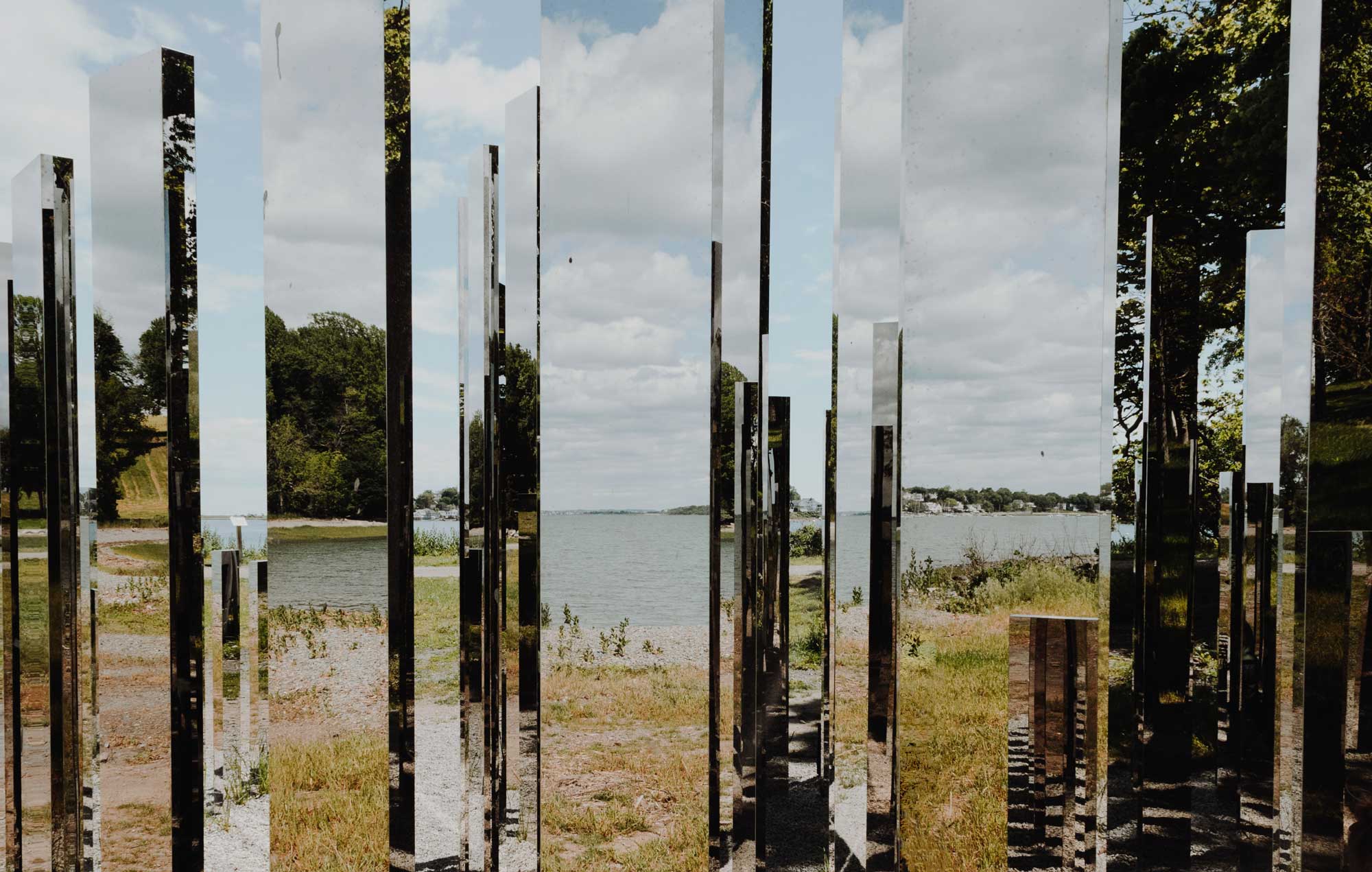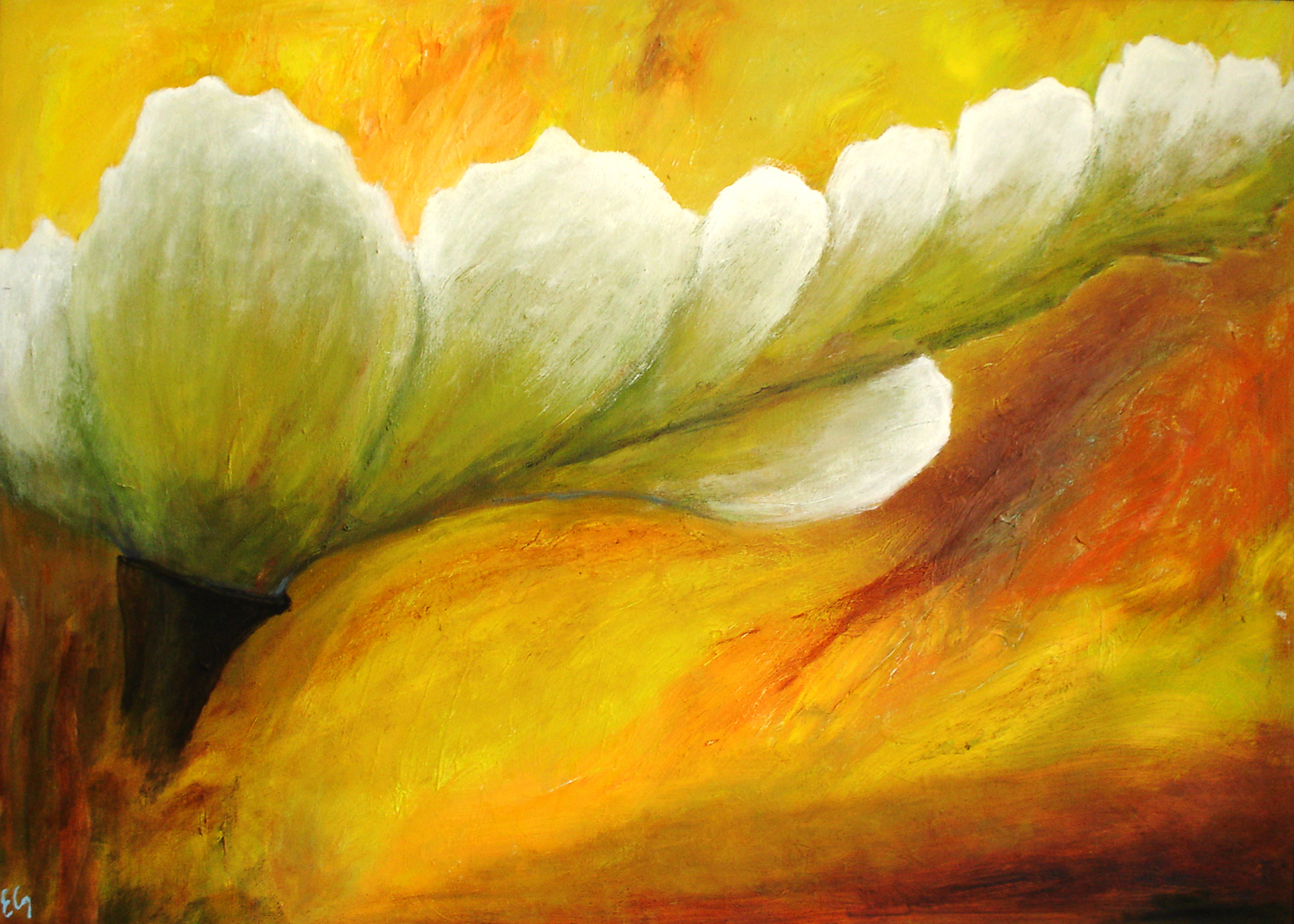So many of us have felt dread, that inchoate sense that something isn’t quite right: not with our politics nor our country nor even, perhaps, our own souls. We don’t often have the language for that thing, whatever it is, but the inability to give that something a name is perhaps what makes it so ominous. It’s a foreboding that has built vaguely if steadily over the past several years, reaching its culmination in one political event—our presidential election. And now, after the verdict, it may be time to try to pick up the pieces, to use the cliché commonly associated with days after and societies divided. Before beginning the work of rebuilding, however, it may be worth asking whether the premise is correct. Are we actually broken? And, if we are, do we need to be put back together?
* * *
This is an odd time, and so I have found myself feeling odd about my own politics. The last four years, if we wish to mark the passing of time by our presidents, have rushed over me largely as a relief. It could have been better, but it also could have been worse, maybe even much worse. In December 2015, I remember a conversation with my parents, something akin to the Muslim version of “the talk.” Donald Trump, who was an insurgent candidate then, found himself intrigued by the idea of registering Muslims in a database. He was unable to disavow President Franklin Roosevelt’s internment of Japanese Americans. We played out the worst-case scenarios, and half jokingly but also half seriously, my father reminded us that he still held Canadian citizenship. We had a backup plan.
American democracy, however, did not die, even if it finds itself in far from perfect health. And American Muslims, despite rising Islamophobia (or perhaps because of it), were embraced by one of the two main political parties for the first time. By propelling “us” to the top of his agenda, Trump, with his various Muslim-focused travel bans, inadvertently made us an integral part of the American story. And we had a sort of coming out, with Muslim comics, actors, congresswomen, and even Muslim sitcoms entering the cultural mainstream.
Of course, we find ourselves still a nation divided, even if it feels more divided than it actually is. (The more one follows politics closely, the more hopeless it seems.) The differences are existential and relate to foundational questions of identity, culture, and religion. Americans no longer agree, if they ever did, on what it means to be American. Since the United States is a credal nation that cannot fall back on shared ethnicity or a common sense of space and time, these divides, once activated, do not easily subside.
It is difficult to split the middle on the “who we are” questions, because it is difficult to change who we are. But it’s not clear that we even should change who we are. The United States is an increasingly diverse country, and diversity is difficult. There are several ways of dealing with deep difference: as a problem to be solved or as a fact to be managed or, more optimistically, as something to be appreciated, maybe even celebrated, because difference, however deep, is an expression of God’s will. If we are broken, it may be better to live with that brokenness and do so as productively and peacefully as we possibly can.





